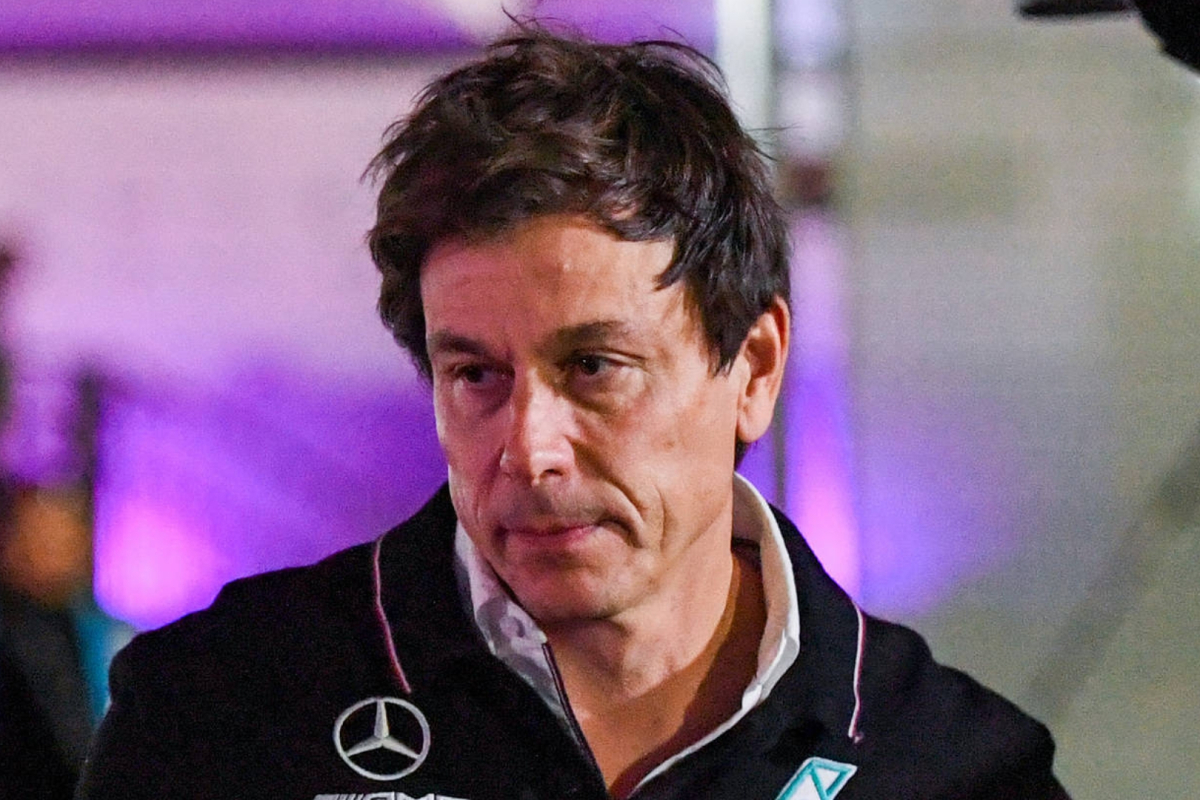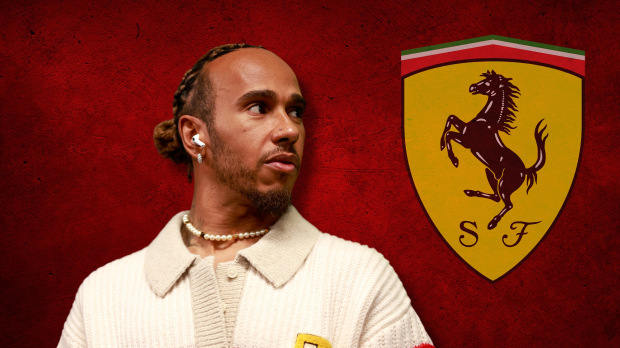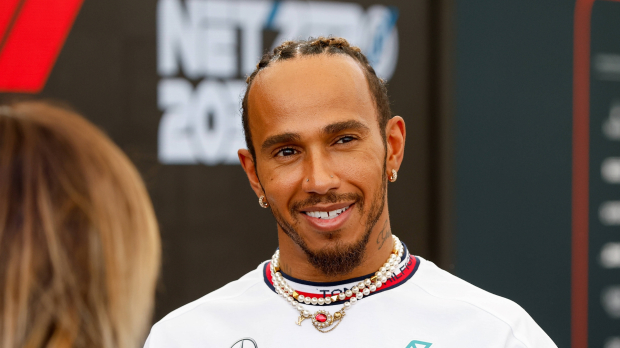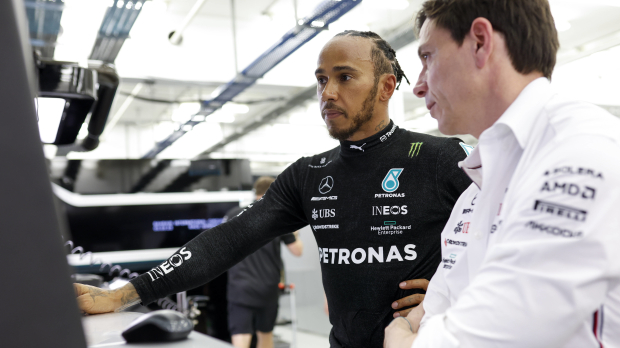
Latest News

Rolex 24 at Daytona
Chaos at Daytona as F1, NASCAR and IndyCar stars stuck behind SIX HOUR safety car
- 2 hours ago

Formula 1
Lewis Hamilton leaves F1 pre-season to attend fashion week show
- Today 19:00

Formula 1
F1 star becomes second driver to spin in 2026 car
- Today 17:00

Formula 1
Lewis Hamilton sleeping at Ferrari HQ during pre-season
- Today 15:00

Formula 1
Pierre Gasly responds to online backlash over pictures
- Yesterday 21:00

Formula 1
Controversial F1 boss 'negotiating' return with new team
- Yesterday 19:00
Most read

2.500+ views
Verstappen completes Mercedes test shortly before Red Bull reveal
- 17 january

Kyle Busch's message for brother Kurt ahead of NASCAR Hall of Fame induction
- 23 january

RAM unveils Dana White-led TV show to pick 2026 NASCAR driver
- 9 january

Huge new name announced for 2026 Daytona 500
- 12 january

Denny Hamlin determined to fulfil Joe Gibbs NASCAR promise despite family tragedy
- Yesterday 01:03

First clip of 2026 F1 cars in action revealed
- 9 january





























 Grand Prix of Australia 2026
Grand Prix of Australia 2026  Grand Prix of China 2026
Grand Prix of China 2026  Grand Prix of Japan 2026
Grand Prix of Japan 2026  Grand Prix of Bahrain 2026
Grand Prix of Bahrain 2026  Saudi Arabian Grand Prix 2026
Saudi Arabian Grand Prix 2026  Grand Prix du Canada 2026
Grand Prix du Canada 2026  Grand Prix De Monaco 2026
Grand Prix De Monaco 2026  Gran Premio de Barcelona-Catalunya 2026
Gran Premio de Barcelona-Catalunya 2026  Grand Prix of Austria 2026
Grand Prix of Austria 2026  Grand Prix of Belgium 2026
Grand Prix of Belgium 2026  Grand Prix of Hungary 2026
Grand Prix of Hungary 2026  Grand Prix of Azerbaijan 2026
Grand Prix of Azerbaijan 2026  Grand Prix of Singapore 2026
Grand Prix of Singapore 2026  Gran Premio de la Ciudad de Mexico 2026
Gran Premio de la Ciudad de Mexico 2026  Grande Prêmio de São Paulo 2026
Grande Prêmio de São Paulo 2026  Qatar Grand Prix 2026
Qatar Grand Prix 2026  Grand Prix of Abu Dhabi 2026
Grand Prix of Abu Dhabi 2026 